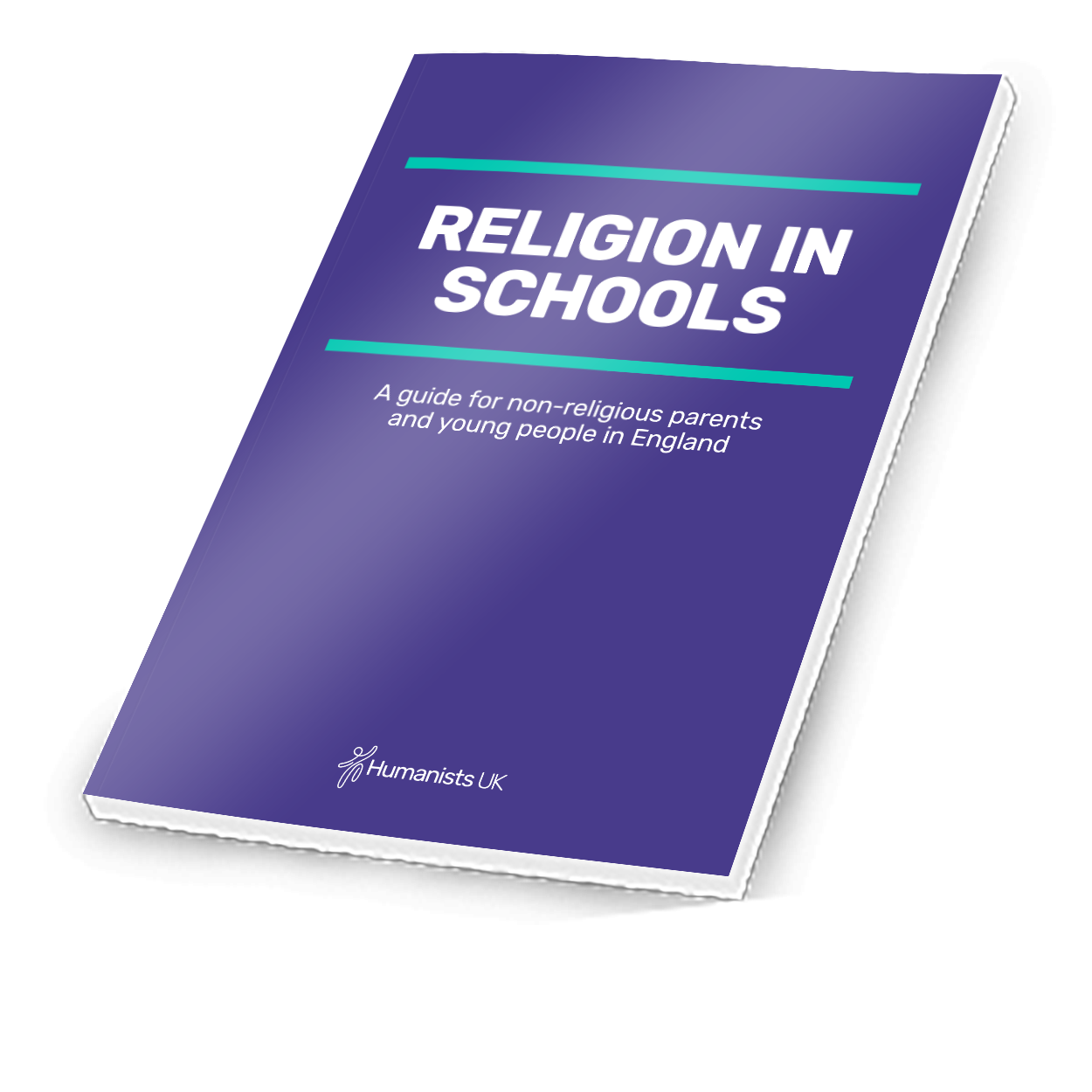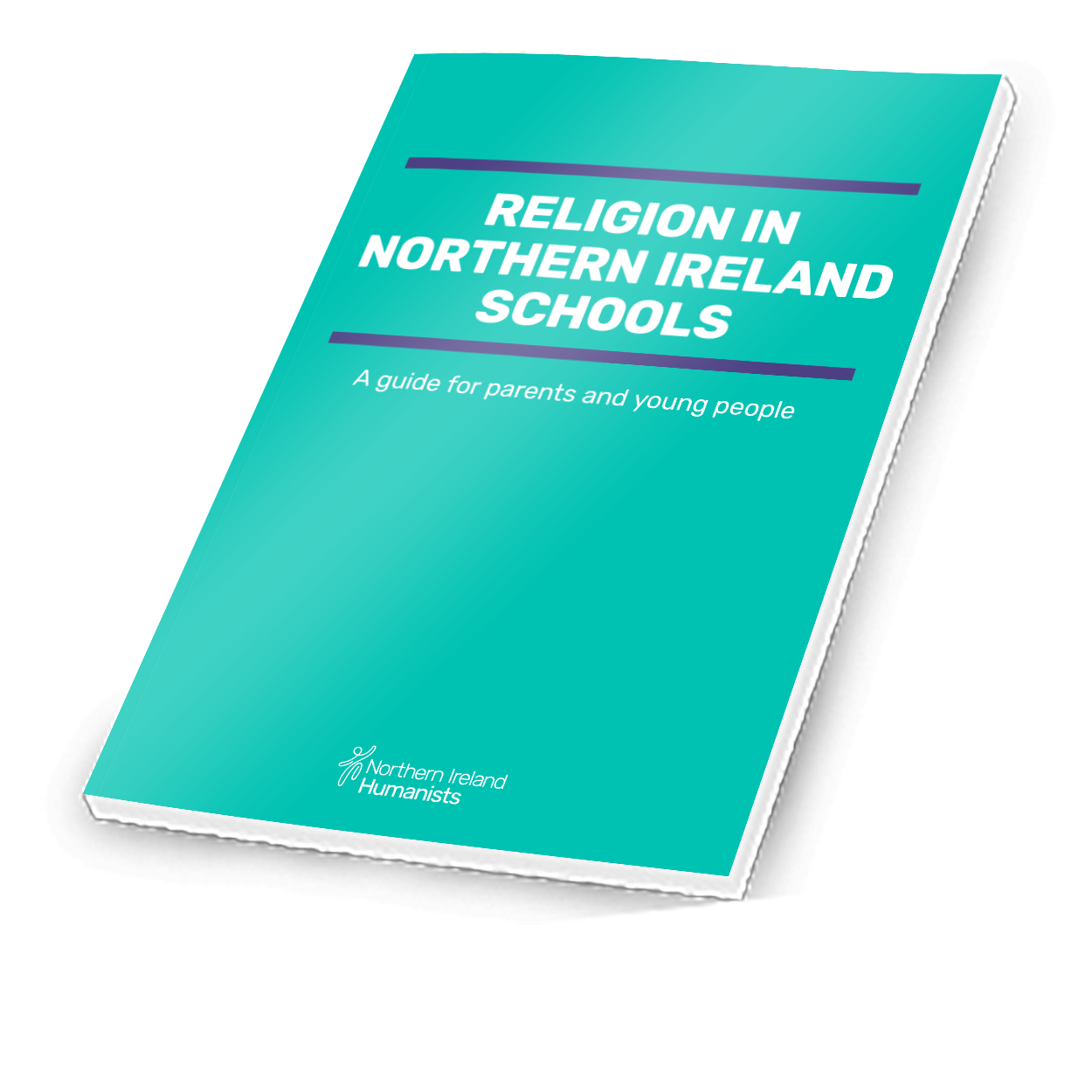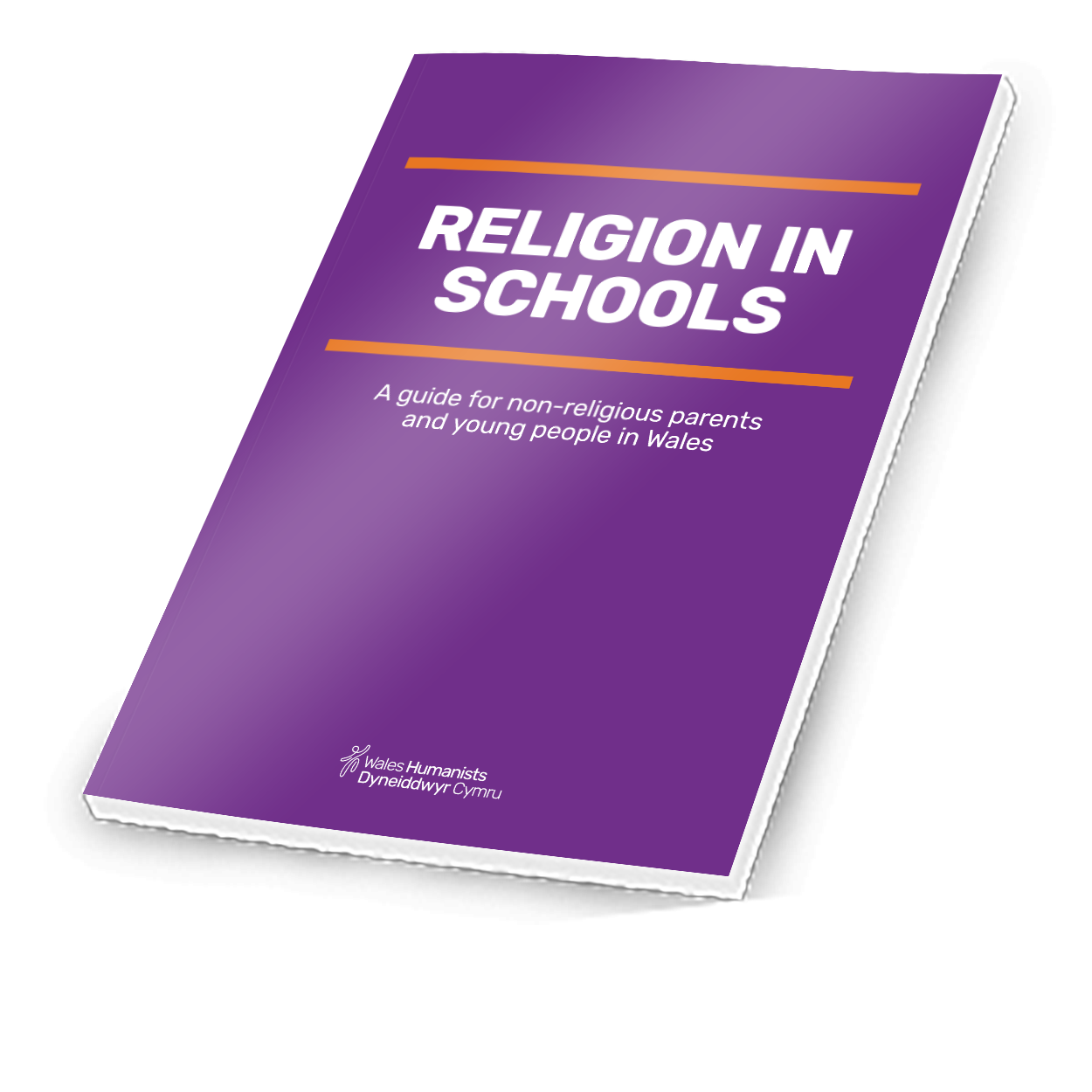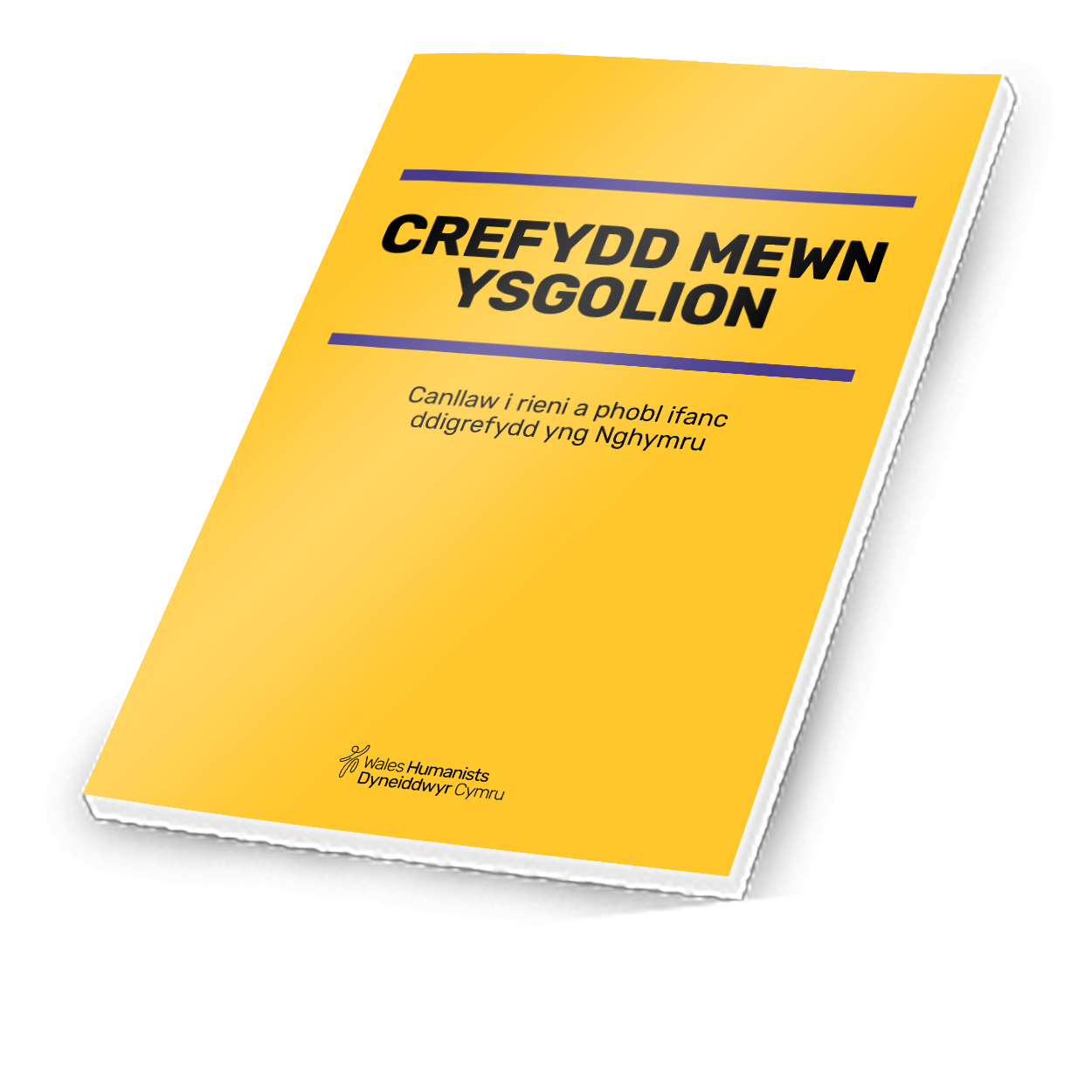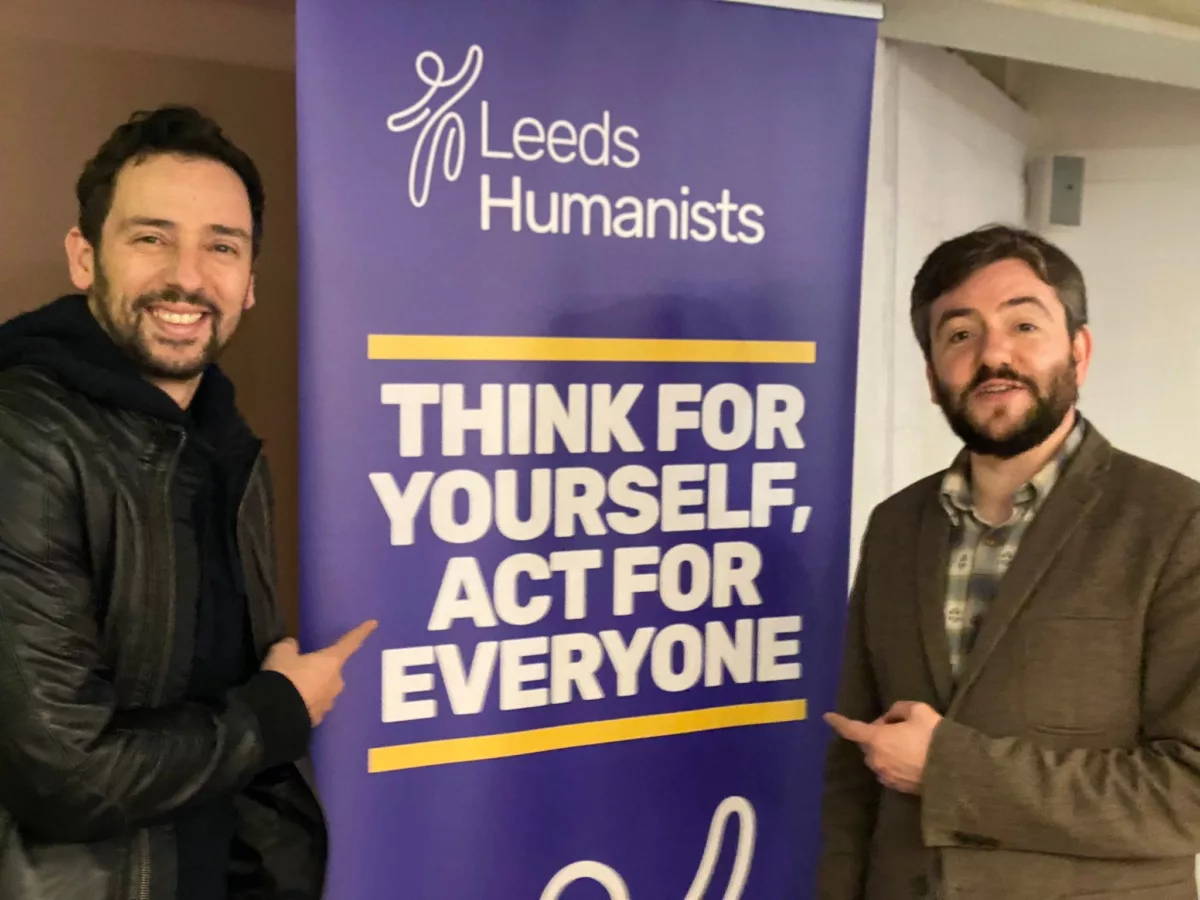
At Humanists UK, we are a charity with services to help people lead happy and ethical lives, as well as campaigns to advance freedom of choice, thought, and expression.
People often know about our campaigns on ethical or equality issues – and how these spring from humanist ideas of what makes for a fairer, kinder society – but fewer people know about just how much work national work goes on that doesn’t always get headlines.
While we’re still very much a small charity in staff terms – we have around 40 employees spread across London, Cardiff, and Belfast, or working from home elsewhere – we are much, much larger as a voluntary movement, with over 1,000 different people currently active as volunteers.
This article reflects a snapshot of humanist activity at a particular point in time – May 2023 – and the good work that humanists are doing in communities right around the UK.
Providing care
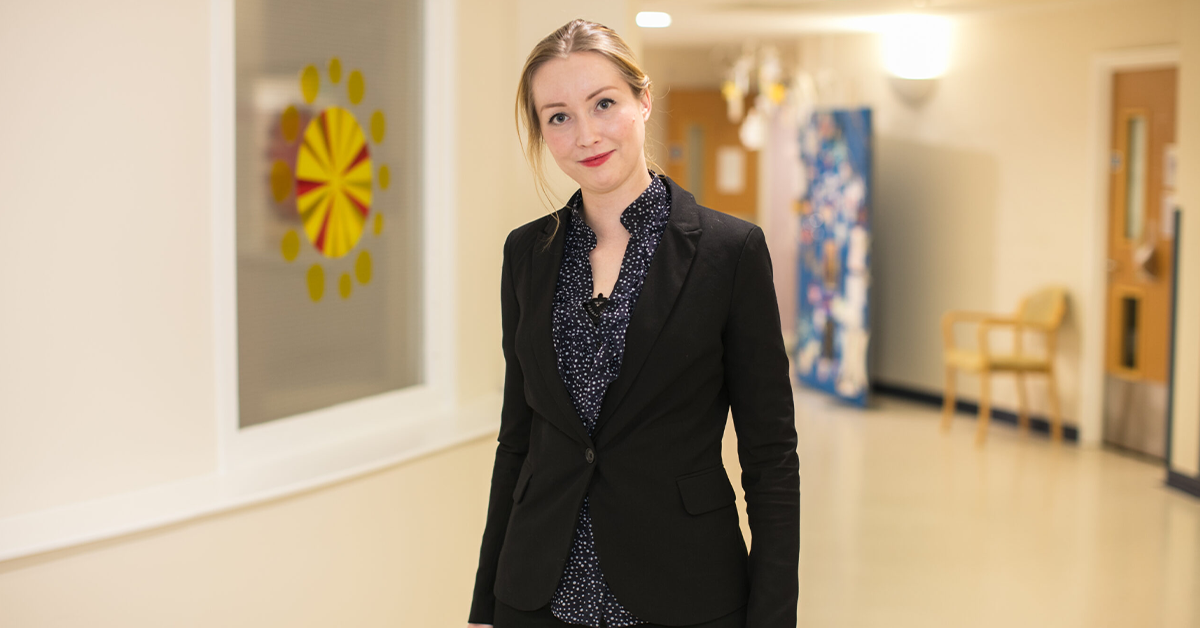
Non-religious pastoral care is increasingly available through NHS hospitals and hospices in England and Wales, as well as prisons, universities, and other settings across England, Wales, and Northern Ireland.
The Non-Religious Pastoral Support Network (NRPSN) is the part of Humanists UK that trains, accredits, and deploys people to institutions across the UK to make sure non-religious people have equal access to a non-judgmental listening ear from someone who shares their outlook on life.
The NRPSN training programme also equips pastoral carers to provide ‘generic’ pastoral care, as part of hospital and prison chaplaincy teams across the country. Robust training to join the network is made available for free to members of Humanists UK and Humanist Society Scotland, pending a successful assessment.
A growing number of pastoral carers also attain NRPSN accreditation via one of its endorsed vocational qualifications, such as the MA in Existential and Humanist Care.
The service has very high standards. Today a little over 200 people are accredited as pastoral carers, with NRPSN’s endorsement to provide care in public institutions. Most do so on a purely voluntary basis, but a growing number are employed by hospitals, universities, and prisons in staff roles, too.
Lindsay de Wal [pictured] is head of her department at Sheffield Teaching Hospitals. She said in her role she typically sees patients and hospital staff who need someone to talk to but who may not identify with any religion. She also helps lead the service as a whole, working with colleagues from different religious backgrounds:
‘Most of the time, people just want to share what they’re going through while in hospital. This could be a scary and emotional time for them. In every case, I’ve found the care you provide is informed by the relationship you build with the person. That human connection can be the most important thing. There are also times when people very much want to speak to someone who knows where they’re coming from and who they trust will not judge them or look down on them. We have to remember we are speaking to people at some of life’s most vulnerable moments.’
The service is important because we know from surveys like the British Social Attitudes Survey that over half of adults now say they have ‘no religion’.
Research suggests that many non-religious people who want emotional support at trying times will often prefer to discuss sensitive issues with someone non-religious and like-minded, rather than a religious leader or cleric.
We also know humanists are in general very active in providing care and services in the community through charities and social enterprises. At the height of the Covid-19 pandemic, one in three Humanists UK members reported formal or informal volunteering of this sort. More widely, polling shows that, contrary to some popular assumptions, there is no statistically meaningful difference in levels of volunteering between religious and non-religious people.
Ceremonies
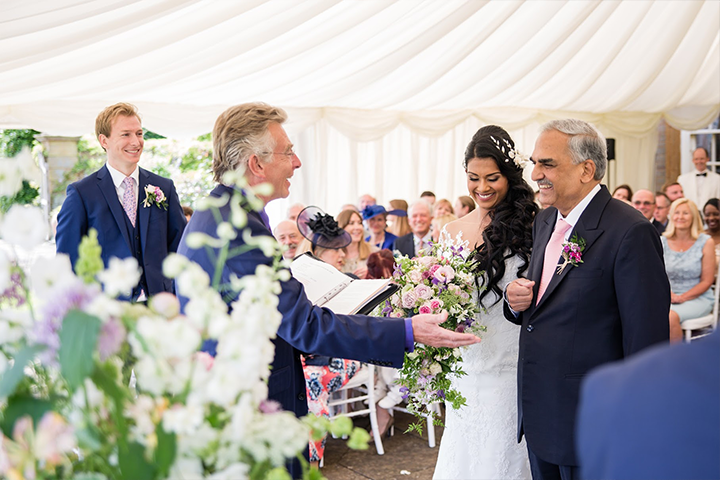
We also have over 500 trained and accredited celebrants helping people mark important life events like funerals, weddings, and the arrival of a new child with ceremonies that reflect their values and tell their story.
That network is called Humanist Ceremonies, and its members came up with the bold idea of ‘non-religious ceremonies’ for funerals and weddings over 125 years ago.
To say they’ve had a big public influence on wider attitudes to how the public marks life events in that time would be an understatement!
Humanist weddings are currently only legally recognised (without a separate register office ceremony) in Scotland, Northern Ireland, and the Channel Islands. Humanists UK is campaigning to bring equality to England, Wales, and the Isle of Man as well.
Despite the obstacles, thousands of couples each year still choose Humanist Ceremonies for their wedding, even if that means facing discrimination. It’s because humanist ceremonies offer something very special and unique.
Humanist ceremonies in Scotland
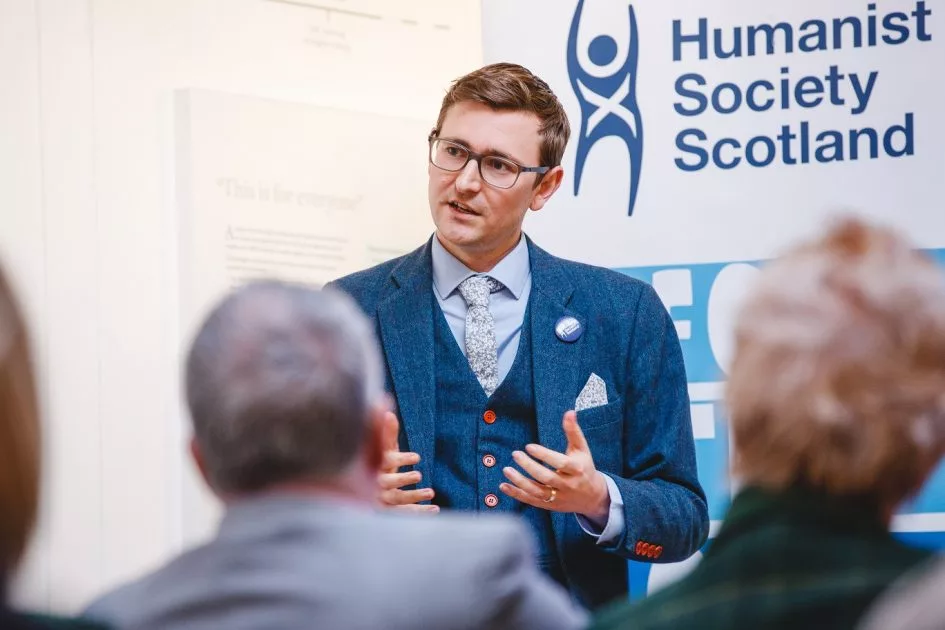
In Scotland, where humanist ceremonies have been recognised since 2005, Humanists UK’s sister charity Humanist Society Scotland conducts more weddings than any religious denomination.
Its Chief Executive, Fraser Sutherland [pictured], said:
Humanist celebrants are part of the fabric of life in Scotland – from Stranraer to Shetland and Berwick to Barra. Humanist Society Scotland celebrants are there for people at life’s biggest turning points.

One in seven people in the UK today now say they want a humanist funeral when they die. Zena Birch, a celebrant from Humanist Ceremonies, worked with authors Andrew Copson and Alice Roberts on their forthcoming book, The Little Book of Humanist Funerals, to draw inspiration, advice, and wisdom from the celebrant network.
What she and the authors quickly assembled was simply a profound and vast catalogue of affecting stories about death, and how often humanist celebrants are at the vanguard of changing attitudes to death across the UK.
A positive social change is under way in small ways, in communities across the country, and humanist celebrants have played a major part in this.
‘Our mission with this book is to get people to really think about the kind of funerals they’re having, and why they have them. A good funeral can be transformational in helping us acknowledge and accept that someone has died. We also wrote this book to guide readers in thinking about their own attitudes towards death, dying, and grief, and by doing so, shape their lives for the better. I imagine that this special book will be particularly helpful for those who are facing a loss or trying to make sense of their own mortality.
It’s always difficult to confront these topics, but having a guide like this can make the process more manageable and even transformative.’
You can pre-order The Little Book of Humanist Funerals today.
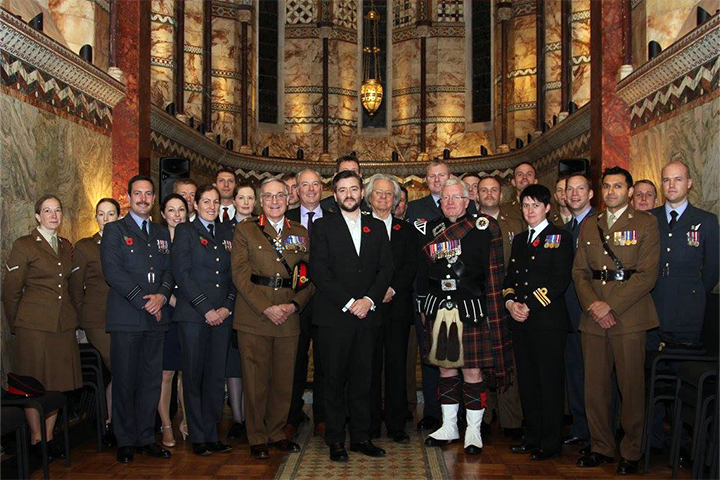
Humanists also take part in Remembrance ceremonies across the UK each November, including at the national ceremonies in London, Cardiff, Belfast, and Edinburgh.
Major Neil Weddell is the Co-Chair of the Humanists and Non-religious in Defence (HAND) Network, a Ministry Of Defence-endorsed diversity network:
‘HAND’s Remembrance ceremonies provides a forum for humanist and non-religious military personnel, veterans, family members, and everyone who has been affected by war, to commemorate the fallen, in a manner that aligns with their worldview and belief. Our approach resonates with the original concept of Remembrance, which was secular in design out of respect to the diversity of backgrounds of British and Commonwealth personnel who fought in the First World War. HAND is proud to continue to uphold this tradition on behalf of the Defence community.’
Humanists UK’s section Defence Humanists works closely with HAND and local humanist groups to organise Remembrance [pictured] services right across the country.
Building bridges
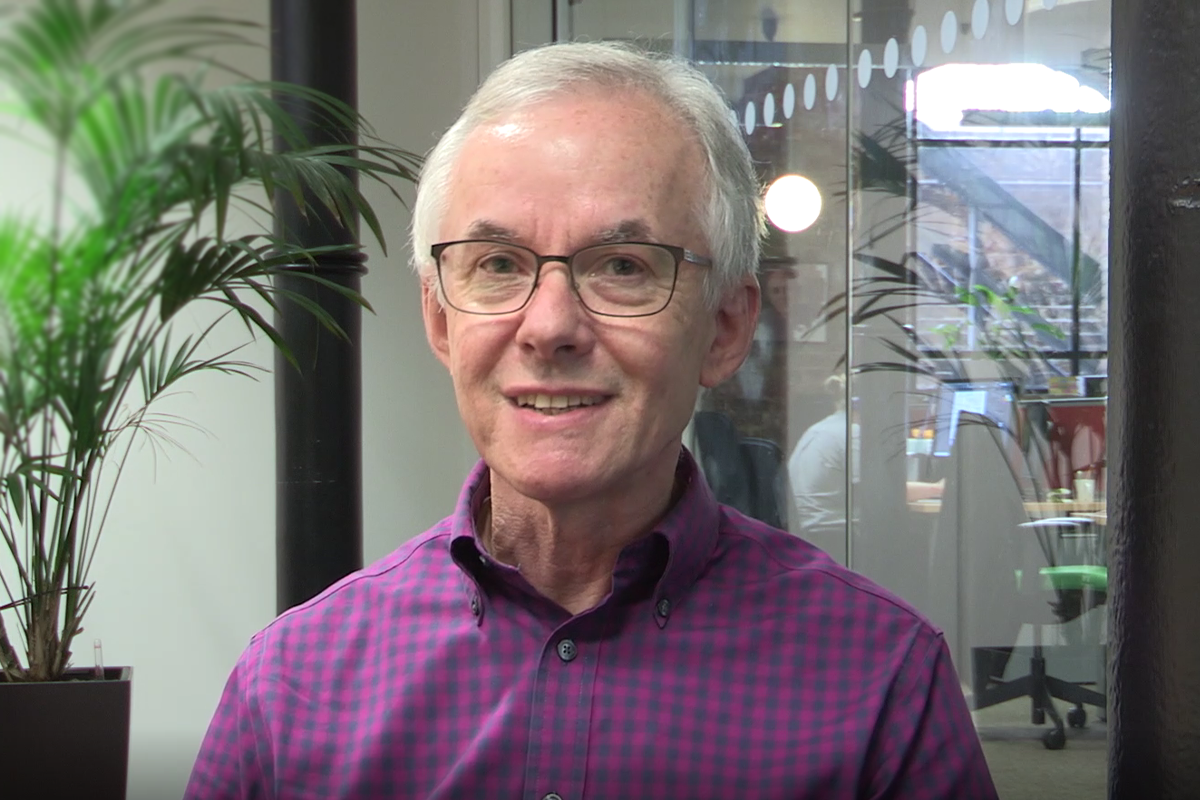
Jeremy Rodell [pictured] is a volunteer who leads Humanists UK’s dialogue work. He has helped train over 100 Humanists UK members from all over the UK to contribute to dialogue with people from faith backgrounds in their local areas. They play a constructive role in all sorts of activities from organising ‘Death Cafes’ through to participating – and in some cases, taking leading roles – in local ‘interfaith’ forums and major public events.
As well as improving understanding of humanism among religious people, this work also importantly also helps to strengthen community ties, particularly at times of need.
Jeremy says:
‘A key reason why Humanists UK promotes dialogue is to make a constructive contribution to the sort of peaceful plural society we want to see. And that is a prime motivator for individual volunteers who get involved locally. There really is no substitute for personal encounters and relationships.’
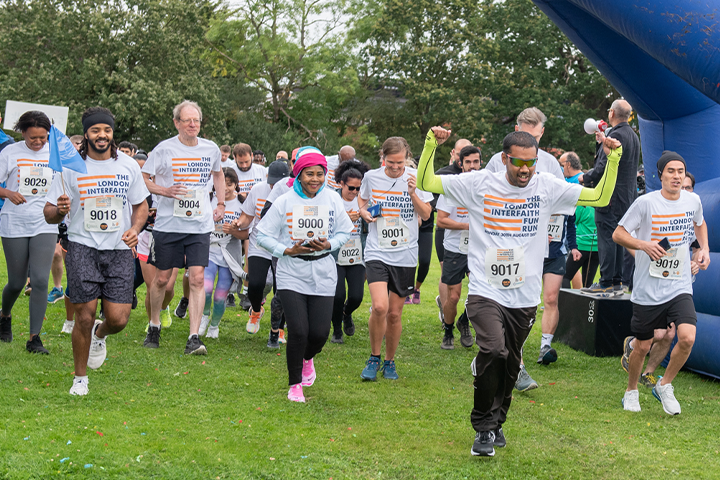
Humanists UK’s dialogue work is varied.
Our youth section, Young Humanists, recently participated in a Faith & Belief Forum fun run to raise money for charities alongside religious groups [pictured above].
A few years ago, we also collaborated with the Muslim Institute in organising an event with our Vice President Jim Al-Khalili, and the Muslim Institute’s chair Ziauddin Sardar, on ‘Humanist and Islamic values,’ chaired by Innes Bowen [pictured below; photo by Rehan Jamil].
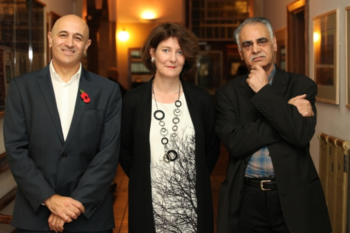
Advice and guidance
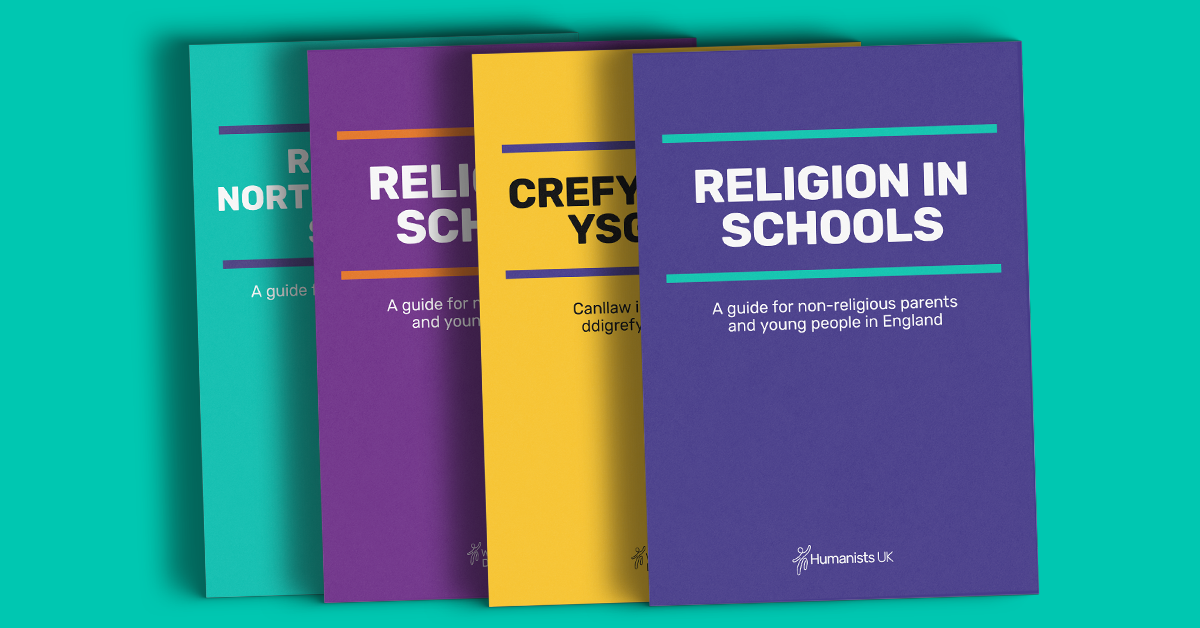
Another side of our work is the support we give to people affected by the issues we campaign on. For example, one of our longstanding campaign aims is an education system free from religious discrimination or segregation of any sort.
The position is not rooted so much in political theories or utopian social designs as the real experiences and hardships faced by parents, day in and day out.
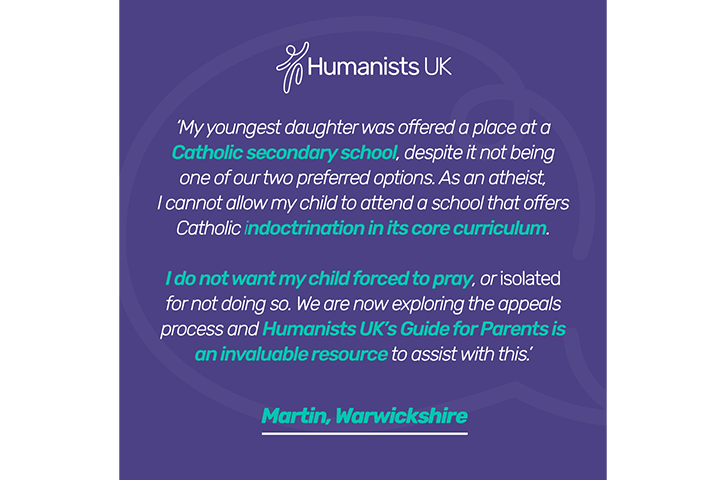
We receive more emails and letters asking for support around religion in schools than we do about any other subject – and that’s saying a lot. Regularly we hear from parents whose children have failed to get into a local school because of the huge impact of religious discrimination in school admissions. They are usually at their wit’s end.
Or we will hear from someone whose child has been isolated in a small room because they said they did not want to be forced to join in prayers in school assemblies (so-called ‘collective worship’ remains the legal default in all schools in England, Wales, and Northern Ireland).
The problems that religious discrimination in schools throws up are numerous, and sometimes byzantine, complicated, or just plain difficult to deal with. But core themes and problems keep coming up.
In April, we released guides in English and Welsh to help parents across these jurisdictions understand and navigate this thorny area.
Robert Cann leads Humanists UK’s work on education campaigns, and supporting parents on religion in schools. He said:
‘It’s always a pleasure when I’m able to help a parent resolve a problem with a headteacher by explaining to them how the law works, or writing a letter to support what they’re saying. I’m amazed by all the different parts of the country where we hear the same problems again and again.
Sometimes of course it feels like whack-a-mole! The statistics show that all the discriminatory outcomes from faith schools that I see in my job every day are widespread across the country – and that they exacerbate other inequalities’
When guidance isn’t enough, Robert Cann leads Humanists UK’s campaign to reform the law – and ultimately to abolish faith schools, which the evidence shows are responsible for more discrimination and segregation in society than any other type of state school.
In some of the most serious cases, we support parents to take their cases to judicial review. This means going to court and ultimately asking a judge to decide if the UK Government has broken the law, discriminated, or breached their human rights.
Hope in dark times
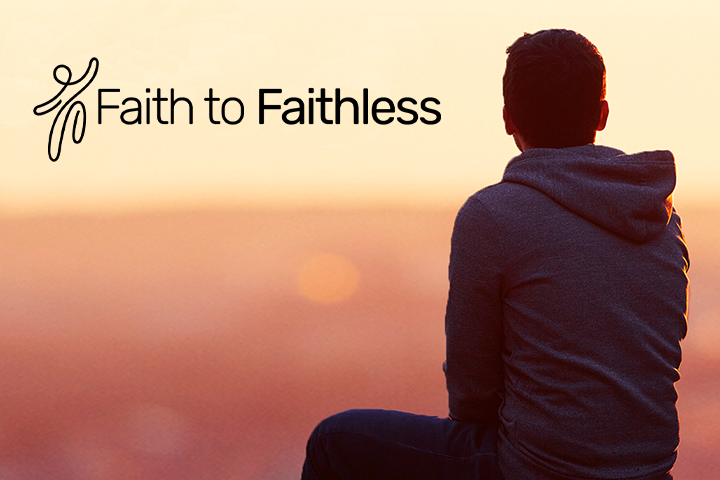
One of our most important services is called Faith to Faithless, whose service users are often some of the most vulnerable people we help.
It’s a service that offers peer support and organises social activities for so-called ‘apostates’ – people who may face rejection, abuse, shunning, or ostracism simply for deciding to leave, or to question, the religion they were brought up in.
Examples might include ex-Muslims, ex-Jehovah’s Witnesses, or ex-Charedi Jews.
Often support takes place online, bridging people from different areas together. But crucially, it takes place in-person, in different towns and cities around the UK. Many times, those supported by Faith to Faithless choose to then receive training in how to give similar support back to others in those situations.
Apostates are at risk of violence and sometimes find they have no one to turn to in some of life’s darkest moments. Those leaving high-control religions or cults sometimes find they have no one to call on from ‘outside’ the religion, and may find that other services don’t know how to understand their issues or provide support.
Donna Craine [pictured below], based in Manchester, is the service manager for Faith to Faithless. Her work is supported by a volunteer Leadership Team, two part-time staff members, and around two dozen volunteers from a diverse range of backgrounds, dotted around the UK. Donna said:
‘Faith to Faithless as a service was started in the first instance by people who thought “I wish that something like this had existed when I needed it.”
‘Really my job is to listen to people who have those sorts of first-hand experience, and work with them to build a really robust, first-rate service that can really change lives for people across the country. As the service grows and develops, it owes all its achievements to people who left high control religions and who gave their time so generously to make Faith to Faithless what it is.’
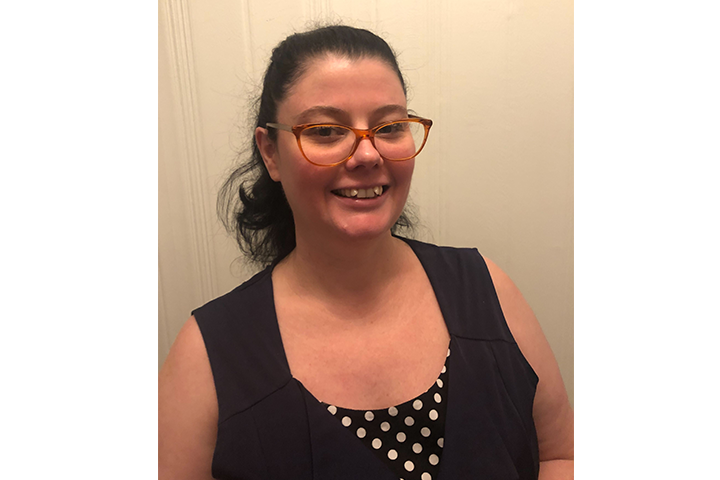
Currently, Donna and her team are working to recruit and train up new volunteers for a dedicated apostate support helpline, under development, to be piloted later in the year.
Faith to Faithless also supports humanists who are in the process of applying for asylum to the UK from countries where non-religious people face persecution and death. This is high-stakes work which can have life and death consequences for the people we support.
Building communities
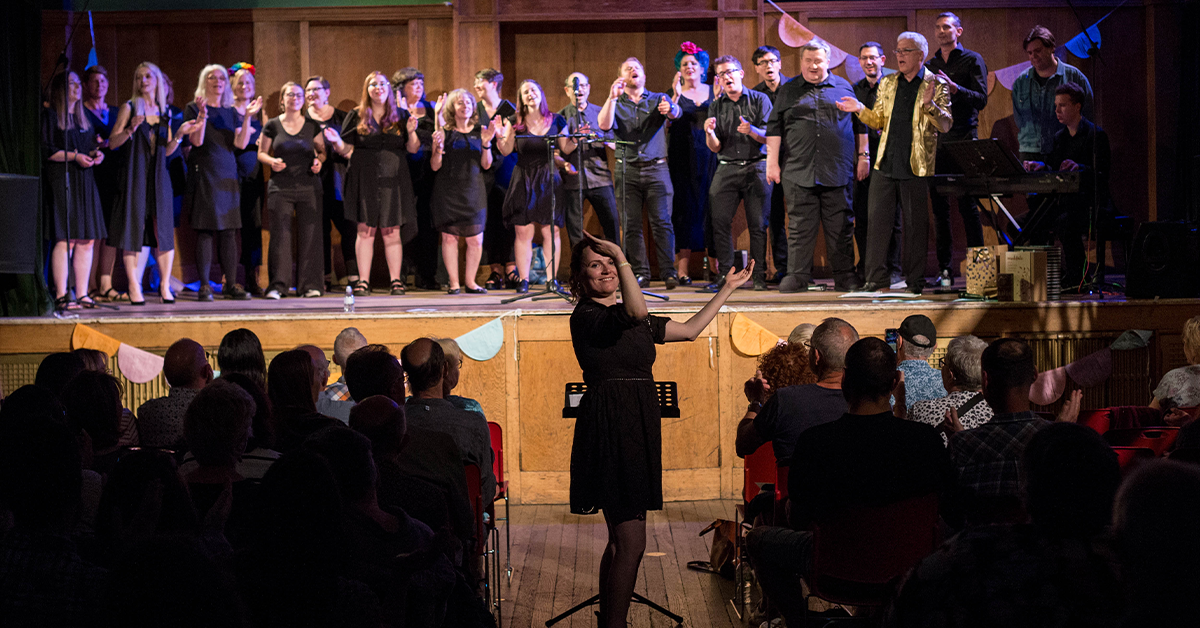
The above has been a very small snapshot of Humanists UK’s volunteer forces and campaigns – but it doesn’t begin to cover the half of it, including smaller pilot programmes and projects happening around the country, or volunteers pitching in remotely with our various projects and campaigns.
But one of the final points to mention is the huge national footprint of humanists meeting in Humanists UK branches and partner groups across the UK, or taking part in volunteer-led activities locally from Humanists UK sections like LGBT Humanists, the Humanist Choirs [pictured: London Humanist Choir], or through networks like Humanist Climate Action [picture below].
Lori Marriott is the Coordinator of Humanist Climate Action. This network exists to bring humanists together to volunteer on issues related to the climate crisis. She said:
‘I’m proud of the work we do through Humanist Climate Action. Many people in the movement wanted a vehicle so they could take part as humanists in demonstrations, activism, and policy work for the sake of our planet. And of course, it aligns perfectly with my values as a humanist – science-led, pragmatic, and, ultimately, concerned about the welfare and wellbeing of other living things.’
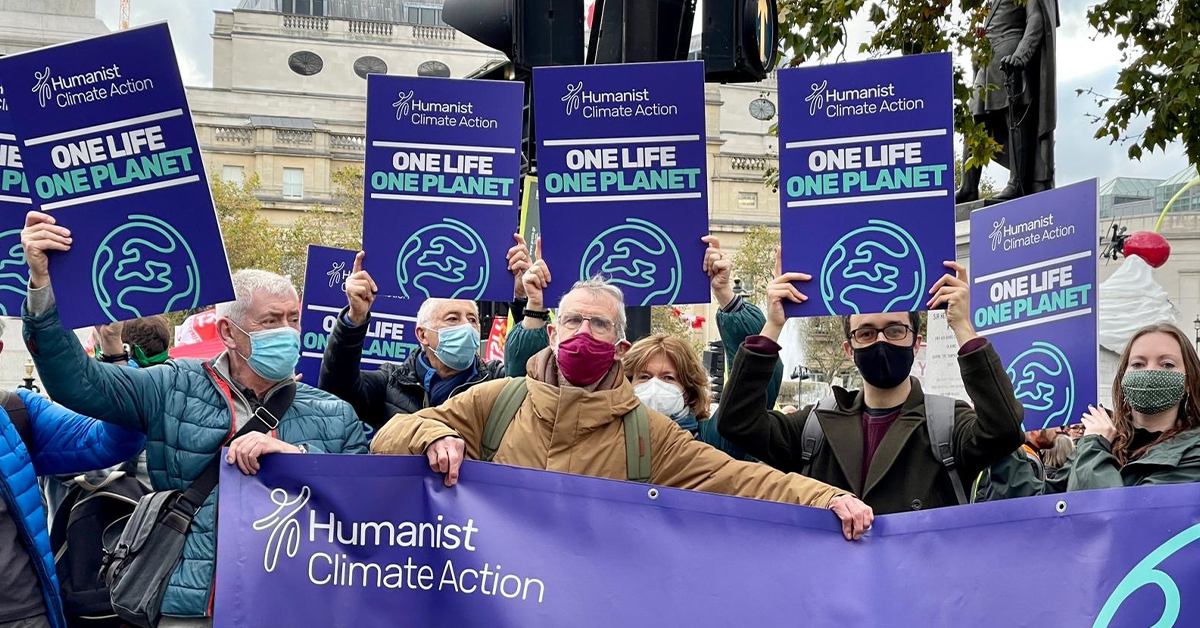
Ecological themes animate humanists in their local communities, too. Shropshire Humanists is a partner group of Humanists UK that is deeply plugged into its community. In April last year, its members planted 200 trees in an area of five acres across Melverley. A year later, 90% of the saplings had ‘taken’! The group has also recently been collecting monthly donations of food for the local food bank. It also fundraises year-round for groups like Shropshire Supports Refugees.
An example of a newer humanist group is Leeds Humanists, a branch of Humanists UK set up with Rob Dale as its volunteer Coordinator in late 2021. In 2022 the group held a range of talks and socials, took part in Leeds Pride, and at their inaugural annual lecture over 50 people came along to hear AC Grayling speak about humanism. Not bad for year one!
Rob says humanist communities like Leeds Humanists are important because they bring like-minded people together – and that’s a powerful thing. He says:
‘Fundamentally, I believe in the power of community! I think for me that goes hand in hand with the humanist ethos of caring about people and other living beings. What’s really good about volunteering with Leeds Humanists is I get to bring people together, but also, they then go off and find what else they’re interested in doing within Humanists UK. It furthers the cause in lots of ways and helps humanism be a force for good in West Yorkshire and beyond.’
Humanists UK has over 70 partner groups and seven fully integrated local ‘branches’ around the country. The groups organise a range of educational and social events, charity drives, and community outreach year-round. They also provide a focal point for information about humanist celebrants, pastoral carers, school speakers, and dialogue volunteers locally. [Pictured: Humanists UK patron Ralph Little and Andrew Copson and the Leeds Humanists launch].
Humanists UK is currently investing in a pilot programme to see how it can further grow humanist groups in local communities – making more of its services accessible to more people through Humanists UK branches.

